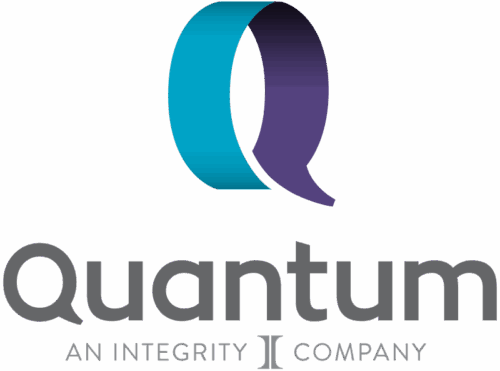For small business owners, 401(k) plans can provide tax breaks as well as a tax-advantaged way to save for your own retirement. Now, with the passage of the SECURE (Setting Every Community Up for Retirement Enhancement) Act 2.0, 401(k) plans can provide even bigger tax savings for small businesses.
100% of Costs When You’re First Setting Up a 401(k)
Prior to 2023, if you had fewer than 100 employees, you could qualify for a $500 minimum tax credit up to a maximum of $5,000 for each of the first three years of your plan. This credit could have been applied to 50% of your qualified business 401(k) costs, such as plan setup and administration.
Now, with the passage of SECURE Act 2.0, beginning January 1, 2023, the tax credit can cover 100% of new plan costs for setup and administration for the first three years, up to a total of $15,000.
To qualify, your business must have at least one employee, besides you as the owner, who earns less than $150,000 a year, otherwise known as a “Non-Highly Compensated or NHC employee.” The tax credit received is the greater of $500 or $250 per NHC employee with a cap of $5,000 per year applied to 100% of the costs you incur.
Small businesses joining a multiple employer plan (MEP) are also eligible for the credit.
- If You Provide Matching Contributions
Employer contributions are typically already 100% deductible on your business federal income tax return as long as you don’t exceed limitations specified by the IRS. “IRC Section 404(a)(3) provides that an employer sponsoring a DC plan is allowed a deduction for contributions of up to 25% of the compensation paid or accrued to beneficiaries of the plan during the employer’s taxable year. If the contributions are made to two or more DC plans, those plans are considered a single plan for purposes of applying the 25% limit.”
But now, with the passage of SECURE Act 2.0, if you have fewer than 100 employees, you can also qualify for a tax credit, as well, of up to $1,000 per employee for your first 50 employees who earn less than $100,000 per year. (There are smaller credits allowed for businesses with 51 to 100 employees.)
This tax credit for matching phases out over four years. If all rules are followed, you may receive a tax credit of $1,000 per employee in the first year you set up the plan, $750 per employee the second year, and $500 and $250 per employee in the third year and fourth year respectively.
- Change in 2024: Starter Plans
Beginning in 2024, employers who do not already offer retirement plans will be permitted to offer a starter 401(k) plan or safe harbor 403(b)* plan to employees.
With starter plans, the annual limit would be the same as the IRA contribution limit (for example, in 2023 the IRA limit is $6,500 or $7,500 if you’re age 50 or older), and employers may not make matching contributions.
*Note: If you are organized as a nonprofit, you may choose to offer a 403(b) plan, 401(k) plan or both. The main benefit of a 401(k) over a 403(b) is flexibility should you decide to change your 501(c)(3) to a C-Corp or S-Corp in the future, plus 403(b)s have slightly easier compliance testing requirements.
- Change in 2025: Automatic Enrollment
Beginning in 2025, businesses with 401(k) and 403(b) plans will be required to automatically enroll eligible participants upon hire, though the employee may opt out of coverage. Exceptions to auto-enroll are small businesses with 10 or fewer employees and new businesses less than three years old.
- Change in 2025: Adding More Part-Time Workers
Also beginning in 2025, workers with over 500 hours of service per year for two consecutive years must be allowed to participate in your retirement plan after they’ve been working for you for two years. Employees with over 1,000 hours of service must be included after one year of working for you.
If you work with small business owners, there are even more changes stemming from SECURE Act 2.0 with new rules which take effect immediately, as well as within the next few years. With 92 separate provisions, SECURE Act 2.0 will affect most employers. Tax and compliance experts are still analyzing the changes, and clarifications are expected from several regulatory agencies in upcoming months.
There are also new rules making it easier for employers to add annuities to their 401(k) plan options. If you’d like more information about adding annuities to 401(k) plans, please call us at 800.440.1088.
FOR FINANCIAL PROFESSIONAL USE ONLY
This article is provided for informational purposes only and should not be considered tax advice. It is recommended that you work with a qualified financial advisor, CPA or tax professional, and legal or compliance experts when setting up a 401(k) plan for your small business.
Sources:
https://www.irs.gov/retirement-plans/combined-limits-under-irc-section-404a7#:~
https://www.sharebuilder401k.com/blog/secure-act-2.0-401k-tax-credits-for-small-business/
A natural coach and leader with 20 years in the industry, Jim uses his vast experience to deliver the most successful strategies to our advisors.



